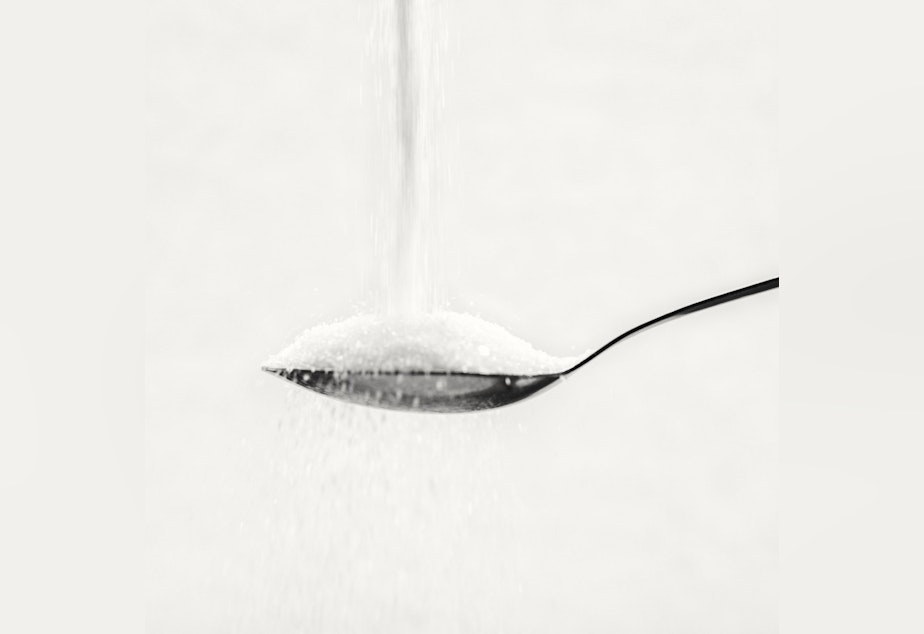Debate: Should local governments be able to tax food and drink?

Advocates of I-1369 say it's not a reaction to Seattle's sugary beverage tax, but the policy looms large in the ballot fight.
You may have heard a commercial recently that urges you to vote yes on I-1634 to "keep government from taxing your groceries." But the reality is not that simple.
Ballot Initiative Debate 1634 - Soda Tax
A “yes” vote on ballot initiative 1634 is a vote against the power of local governments to levy taxes on distributors for retail food and drink items. That dry language masks a passionate debate that wraps in public health, grocery bills, regressive taxation, and Big Soda. Pete Lamb of Teamsters Local 174 argued in favor of I-1634, while Jim Krieger from Healthy Food America argued against. And KUOW's Ruby DeLuna provided context.
The tax that 1634 seeks to outlaw falls on distributors, and the initiative's proponents say that disproportionately hurts labor and working families - but that's only after businesses have made the choice to pass the costs on. The coalition in support of the initiative includes over 1400 diverse organizations, but their fundraising tells a different story. Out of $20 million raised, all but $250,000 came from five sugary drink corporations (Coca-Cola and Pepsi seem to have found something they can agree on).
1634's detractors say that it takes a public health funding tool off the table that seeks to help the same low-income families that are disproportionately affected by things like diabetes and high cholesterol. But the piecemeal effect created by local jurisdictions' different rules might create workarounds that offload public health problems into bordering communities.
We brought the two sides on to debate their perspectives and help you decide.


